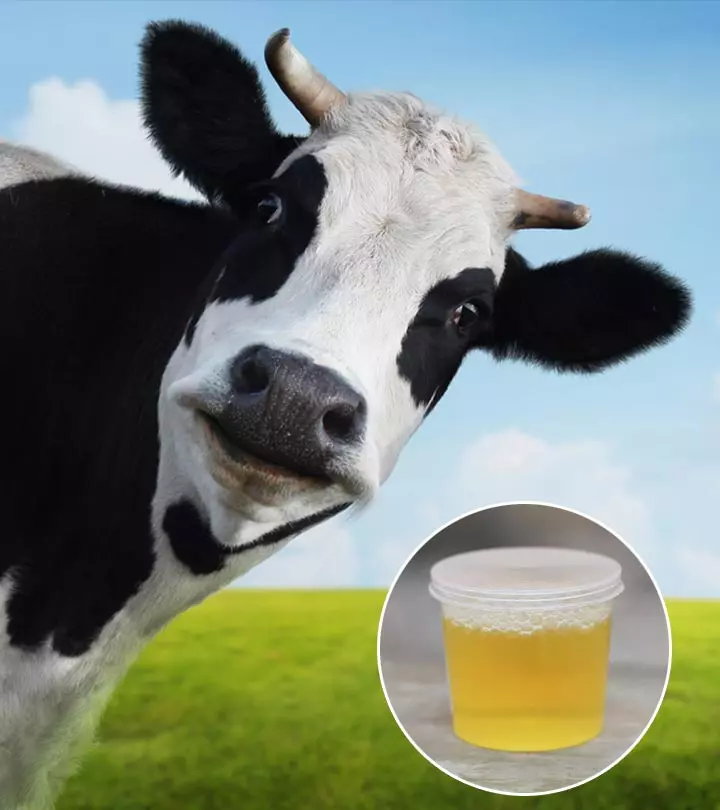Comparison Between Cow Milk And Buffalo Milk As Per Ayurveda

Image: shutter stock
Milk is very high in nutrition – whether it is cow or buffalo milk. But when you have a choice, which milk should you prefer? Confused?
Both types of milk have their positives and negatives. While cow milk is lighter and easier to digest, buffalo milk is considered heavy. What is the logic behind a milk being heavy or light? Let’s check out what makes cow’s milk more preferable to infants than buffalo’s milk.
Cow Milk Vs Buffalo Milk – Differences
1. Fat Content
The first line of difference between cow milk and buffalo milk is the fat content and because of this, the consistency also differs. Cow milk has a low percentage of fat, and this is why its consistency is very thin. This is why cow milk is considered lighter.
On the other hand, buffalo milk is high in fat content, and hence can be called heavy. As we all know, heavy food takes a much longer time to digest. It stays for a longer period in the stomach, making us feel heavy and, sometimes, uncomfortable.
2. Protein Content
Buffalo milk is rich in proteins when compared to cow milk, and the difference is about 10–11%. It is more heat resistant. The proteins present in buffalo milk make it difficult for infants and older people to digest it. Based solely on the protein content, the obvious choice would be cow’s milk.
3. Cholesterol Content
Buffalo milk contains less cholesterol as compared to cow’s milk, and it is good for people suffering from diseases such as PCOD, hypertension, kidney diseases, and obesity.
4. Water Content
Cow milk is also called watery milk since it contains fewer milk solids as compared to buffalo milk. 90% of cow’s milk is water. Thus, it helps in hydrating the body.
- The capacity to induce natural sleep is more in buffalo’s milk when compared to cow’s milk. Thus, if you wish to have sleep soundly, it is better to drink a glass of buffalo milk before an hour of sleeping.
- The ghee made from cow’s milk calms down pitta and increases the digestion power, whereas the ghee prepared from buffalo’s milk increases kapha.
- Buffalo’s milk contains more calcium than cow’s milk, but since the potassium and sodium levels are lesser in cow’s milk, it is considered as a better natural supplement for infants.
Cow Milk Vs Buffalo Milk – Similarities
- Both cow’s milk and buffalo’s milk are sweet in taste and have a cooling effect on the body.
- Both the types of milk act as natural aphrodisiacs, foods or drinks that stimulate sexual desire in humans. Drinking milk daily is one of the traditional Ayurveda practices to keep your sexual life active.
- Both the types of milk are highly nutritious, and thus, they provide strength and energy to the body.
- Cow milk and buffalo milk calm down the pitta and thus, help to get rid of a burning sensation in the body.
Milk, whether cow’s milk or buffalo’s milk, is a very healthy food item until it is adulterated with water or starch. Thus, before purchasing any type of milk, it is very important to ensure that it is of good quality. It is recommended to buy it from a reputed dairy or a farm nearby so that you are assured of its quality.
Now that you know the nutritional content and benefits of each type of milk, your preference depends on your personal choice, needs, and health status. We hope you liked the article. Share your views in the comments box below.
Read full bio of Shaheen Naser
























Community Experiences
Join the conversation and become a part of our empowering community! Share your stories, experiences, and insights to connect with other beauty, lifestyle, and health enthusiasts.